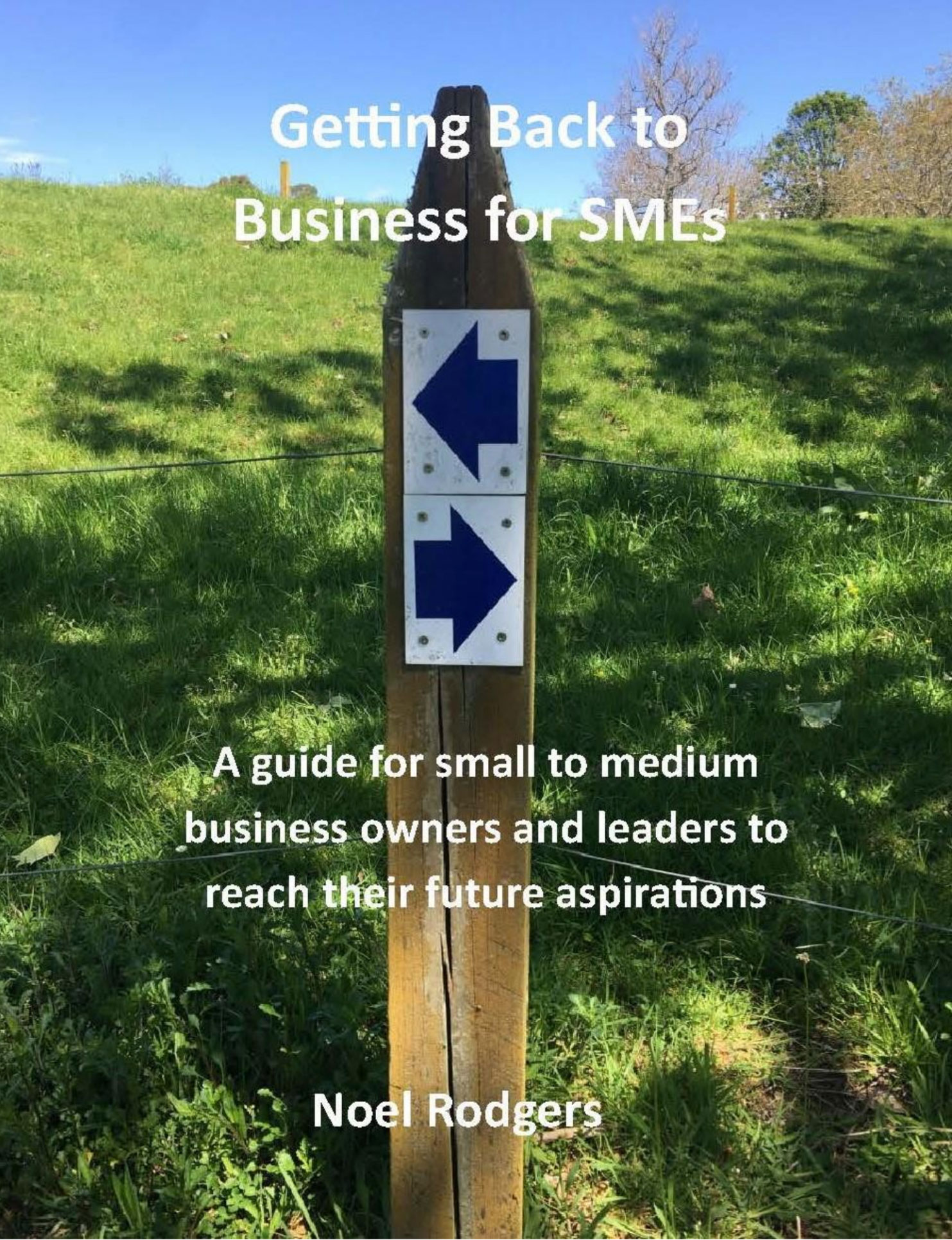
When embarking on the journey of starting a new business, maybe continuing to build the business that was established some time ago, or purchasing an existing business that exhibits an amount of opportunity, there are a selection of business and personal elements that bring us to the point of entering into our own business.
There are some standard business elements that should be considered like the opportunity of filling a gap in the market, a modified product, maybe a new invention, or a technology product that may take the market in a different direction.
Identifying the market opportunity is then followed by the validity of getting the product to the market in a cost effective manner, that allows the business to benefit from the effort required to produce the product, further assessing whether the size of the available market is big enough to sustain the business, and what is the market accessibility to be able to distribute the product.
Once the business process elements have been unbundled and refined, the business might work through how much the market is willing to pay for the product compared to how much the product will cost to reach its point of sale.
These tangible business elements are critical to the sustainability and further growth of any business, yet there are some intangible elements that are not always identified as important in the make-up of key business elements.
One of the intangible elements is to understand what drives the business owner to want to be in business, and why a particular business?
The business owner’s personal interest is often referred to as their passion point, the gut feeling that drives an individual to do more work for their business than they might do elsewhere. The passion point can emerge from a various emotions or life experiences that may impact on the business owner wanting to create their own business journey.
The Expert
The expert is generally driven by the desire to exploit a new creation, invention, set of skills, knowledge based expertise, or maybe being a skilled salesperson, the business owner is inspired by their own skill-set to take their learnt skills into a business entity and maximize their abilities vs benefits.
The Under-dog
The under-dog will have something to prove, exhibiting a high level of self-determination to succeed in the field of their chosen business. The individual may not be an expert in their chosen business yet the passion that drives them to succeed is quite powerful.
The Profiteer
The type of business the profiteer may enter into is not as important as how much benefit the profiteer can gain from owning the business. The profiteer sings the hymn of “Cash is King” at every step of the business ownership journey, with the key driver being “If it doesn’t make money, don’t do it”, and can be a bit different from the passion point of other types.
The Society Positioner
Societal status and personal credibility are everything to the society positioner. The type of business is not as important to the society positioner as long as the business is seen to provide an acceptable product or service to the market and remains sustainable. The society positioner is often not an expert in the business and on occasion takes more of an armchair management approach, and is often integrated into community groups.
The Worker
The worker business owner has always worked hard and may have experienced the loss of their employment in the past, or been paid little for the hard work they have done as an employee. Driven by the dissatisfaction of past work experiences, the worker aspires to initiate their own business and continue with their hard work. The worker often applies a servant leadership style to the business, continually leading from the front.
The passion point or drivers of each type of business owner are different and being intangible attributes, they are a related to various emotions, yet each type of business owner is driven by different emotions, or combination of emotions. The expert may be driven by confidence, high self-worth or quiet determination, whilst the under-dog may have a high level of determination, combined with lower self-worth, insecurity, or feeling like they are an imposter to their ownership.
The society positioner may be less attached to the business and be driven by societal acceptance, credibility, and possibly the imposter syndrome, whereas the profiteer might be driven by greed, self-sustainability, or intense determination.
The above traits are neither good nor bad, yet it is important to understand what the passion-point of the business owner is, to further understand what pathway the business might take. Developing some clarity of the business owner’s passion point may require a process of identification to gauge the effects the business owner’s desired outcomes may have on their business.

A guide for business owners
to reach their aspirations.
A business plan is your most valuable asset.
 Noel Rodgers MBA – CMC
Noel Rodgers MBA – CMC
Business Advisor
For further information on this subject please email Noel Rodgers
E noel@activebss.co.nz M 0274 775583
OTHER POSTS FROM NOEL RODGERS
